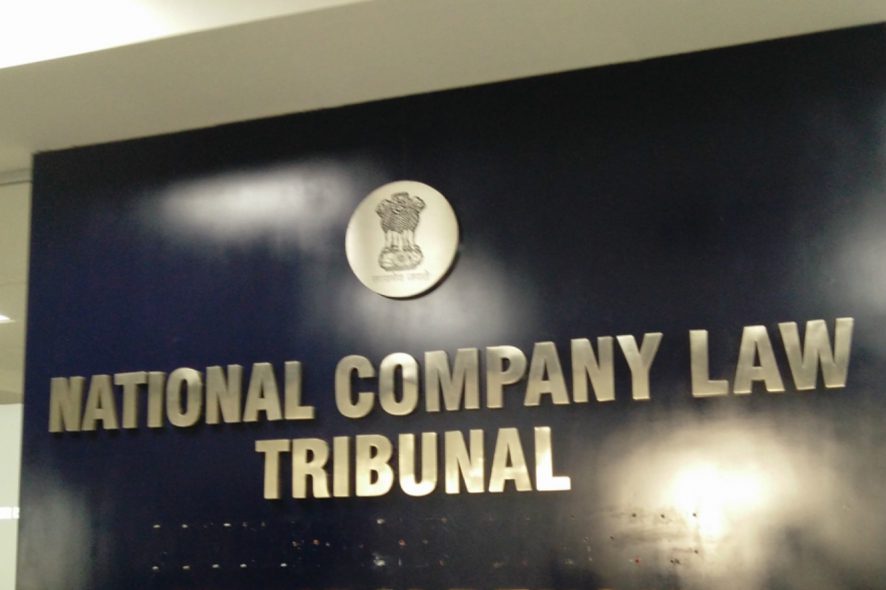National Company Law Tribunal, Allahabad (NCLT): The bench of Rajasekhar V.K., Judicial Member and Virendra Kumar Gupta, Technical Member decided that for the purpose of repayment of principal amount, issuance of post-dated cheques by corporate debtor cannot be taken as unqualified admission of debt because the presumptions drawn under Sections 118 and 139 of the Negotiable Instruments Act, 1881 (NI Act), are rebuttable presumptions.
Factual Background
An application was filed by financial creditors, Maya Goel and N. C. Goel seeking to initiate the Corporate Insolvency Resolution Process (CIRP) by invoking the provisions of Section 7 Insolvency and Bankruptcy Code, 2016 (IBC) against corporate debtor, Piyush Infrastructure India Pvt. Ltd. for a default of repayment of Rs 12,00,000/- (excluding interest).
The financial creditor submitted that they had given an amount of loan of Rs 12, 00,000/- (in total) to the respondent between 2011- 16 with payable interest @18% p.a. The interest paid by the respondents till 04.06.2016 was Rs 18000/- and post-dated cheques were also given for repayment of principal amount starting from 15.01.2018.
The financial debtor, on the other hand, submitted that no interests were being paid and the transactions made during 2012-14 are default in nature. Therefore, it was claimed that the present application was barred by limitation. Further it was being submitted that since no interest was payable, the said transaction could not be considered as being in the nature of a financial debt within the meaning of section 5(8) of IBC.
In the rejoinder the financial creditor submitted that they preferred an application under Section 138 of NI Act which is pending for adjudication before the appropriate legal authority. In respect of limitation, the application was maintainable as it is being claimed that the cheques were given from January 2018 till December 2018 which were dishonoured.
Analysis and Decision
Firstly, the Bench noted that the question of limitation cannot be addressed as the absence of documentation cannot help in establishing the date of default. The date of default can only be calculated when the tenure of the loan is established, or when there is a demand for repayment. Hence the same cannot be determined. The Bench stated that
“The time value of money is an important factor to be considered in order to establish whether this is a financial debt.”
Further, it was observed that it is not possible to establish the tenure for which the loan was granted, and whether there was any notice demanding payment of the loan in question. As regards the interest, except for two letters of corporate debtor, no other evidence showing receipt of such interest was brought on record. Therefore, the claims made regarding receipt of interest remained unsubstantiated.
Holding that the post-dated cheques issued by the corporate debtor for repayment of principal amount cannot be taken to be unqualified admission of debt, the bench explained that,
“In summary jurisdiction, without adequate documentation, it is difficult to establish the purpose for which the money was lent and accepted. It is also not possible to establish whether there was any interest required to be paid. The time value of money is an important factor to be considered in order to establish whether this is a financial debt.”
The bench was hence of the opinion that ex facie, the case at hand appeared to be a petition filed for recovery of money and not for resolution of the corporate debtor. It observed that,
“The Insolvency & Bankruptcy Code, 2016, should not be allowed to be used as an easy way of recovery of money.”
[N.C. Goel & Maya Goel v. Piyush Infrastructure India Pvt. Ltd.; 2022 SCC OnLine NCLT 159; decided on 13-06-2022]
Counsels
For Financial Creditor- Advocates Atul Kumar Singh and Sahil Garg
For Financial Debtor – Advocate Sanchit Garga,







